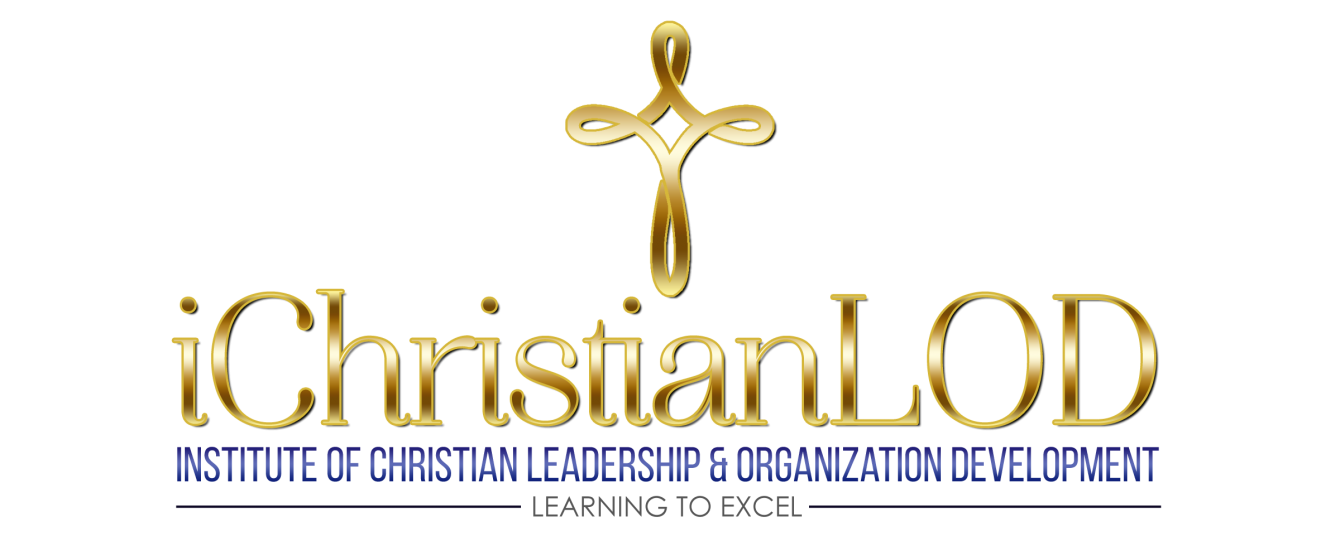How Your Values Will Impact Your Leadership
Our values are reliable and powerful predictors of our behaviors. Even when we are not fully aware of what they are, over time they will increase in stability. Their power lies in the fact that they form the basis for many of our responses to situations and circumstances we face throughout our lives. From them we determine what’s right and what’s wrong, what’s good and what’s bad. They also play a role in our priorities which means that they impact and guide our choices. Even when we don’t like the values we have, they remain what Goleman (1998) calls an “inner rudder” with emotional power that moves us to act (Le Fevre, 1999, para. 4).
Hughes, Ginnett and Curphy (Hughes, et al.) define ethics as a branch of philosophy that deals with principles of right conduct. Morality is defined as rules of conduct that are applied in actual behavior (Hughes, et al., 2012). What’s important to remember is that both principles and rules are primarily taught and learned as a part of an educational process. But values are different. They switch from that which is taught to what is caught through the process of socialization, implying a totally different process for acquiring values (Hughes, et al., 2012).
Historical and cultural events play an important role in creating our values. For instance, if you talk to people who lived through the Great Depression of 1929, you will discover that they greatly value stability and what we might call the more traditional values. It’s not hard to understand why. Their lives were totally uprooted and interrupted for many years. They saw everything they trusted and believed in fall apart. Baby Boomers, those brought up during times of major social changes, such as the struggles of the civil rights movement, freedom and self-expression, they tend to hold values consistent with passionate change and making your mark on the world. This is how those events impacted them. Generation Xers, those brought up between 1960 and 1980, are products of the technology era where we saw significant changes in employment norms, social interdependence, and institutional hierarchies, they value opportunity more so than loyalty, independence, and little or no sacrifice. Nexters followed the Xers, and are the products of the uncertainty and the dissolution of what was. They were brought up during times when organizations that were considered foundational to our society began to fold. As a result, the Nexters value the right to set new values, since in their minds, the established values didn’t hold up (Hughes, et al., 2012).
Medical advances and technology have enabled people to not only live longer, but to also continue as active participants in the affairs of life. The end result is a world that consists of people with totally different values that are attempting to merge into one functional society. This means that leaders today not only have to understand and tolerate different values, but they must also possess unique skill sets and wisdom to function effectively despite the differences. To meet the new challenges will begin with awareness that it exists.
Contrary to what many people believe, value variances is not necessarily a negative. The reason is that while values will change, principles and rules of conduct remain the same. This means that when values differ, the unchanging principles and rules, will rule. Since everyone has different values, we must rely on principles of right and wrong, good and evil. This forces leaders to adhere to the same principles and rules of conduct, or face exposure and replacement. It’s the same process that created the anti-discrimination agenda. It’s the same process that is responsible for the recent uprisings in so many totalitarian nations. The principles of human rights have outlived and outweighed the change and variances of social values.
As organizations continue to fail as a result of unethical leadership, those leaders will no longer be able to justify unethical behaviors by shifting blame to others, creating new buzz words to camouflage their actions, or other means of moral justification. The demand for accountability will become the impetus for an increase of genuine authentic leadership that demonstrates consistency between values and actions. The call for transparency will likewise give rise to more servant leaders, who are genuinely focused on developing others. These will be the leaders who will harness the power needed to galvanize others to accomplish organizational goals.
References
Hughes, R.L., Ginnett, R. C., Curphy, G.J. (2012). Leadership enhancing the lessons of
experience. (7th Ed.). McGraw-Hill Irwin, New York, NY.
Le Fevre, J. (1999). Values and leadership. Retrieved on July 13, 2012 from
http://www.magmaeffect.com/images/Values_and_Leadership.pdf

